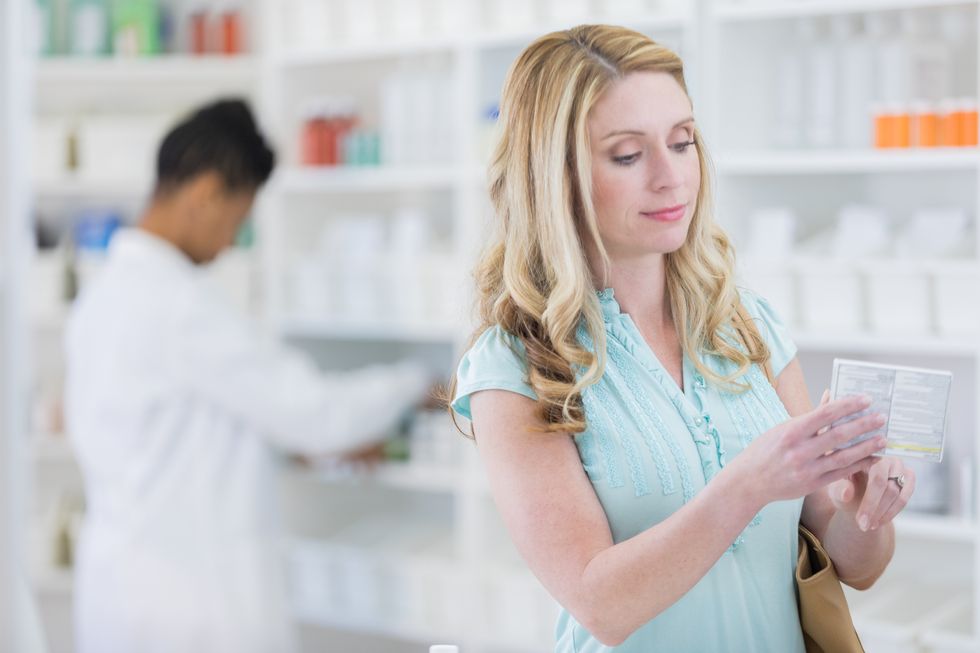
Do You Trust Your Supplement Labels?
If you’re unsure that the ingredients on dietary supplement labels are the actual ingredients in the supplements, you’re not alone.
Jul 13, 2018
Apr 26, 2022
Nutrition & Movement
Beth brings a unique combination of sharp business expertise and women's health insight to her leadership of the organization. Beth has worked in the health care industry for more than 25 years helping to define and drive public education programs on a broad range of women's health issues. She launched and has expanded the HealthyWomen.org brand. As a result of her leadership, HealthyWomen was recognized as one of the top 100 women's health web sites by Forbes for three consecutive years, and was recognized by Oprah magazine as one of the top women's health web sites. HealthyWomen now connects to millions of women across the country through its wide program distribution and innovative use of technology.
Beth is responsible for the business development and strategic positioning of HealthyWomen. She creates partnerships with key health care professionals and consumer groups to provide strategic, engaging and informative award-winning programs. She serves as the organization's chief spokesperson, regularly participating in corporate, non-profit, community and media events. She also is a practicing nurse in maternal child health at Riverview Medical Center- Hackensack Meridian Health, in Red Bank, NJ.
In addition to her nursing degree, Beth holds degrees in political science, business and public administration from Marymount University.
To stay sane, she loves to run and compete in road races. She enjoys skiing and sailing with her husband and young son, and welcoming new babies into the world.
Full BioLearn about our editorial policies

This post was developed in collaboration with United States Pharmacopeia
If you’re unsure that the ingredients on dietary supplement labels are the actual ingredients in the supplements, you’re not alone. Seventy-three percent of people polled on HealthyWomen’s Twitter and Facebook pages said they don’t trust what’s on supplement labels. Safe supplement use is important, since over 20,000 visits to the emergency room annually are tied to adverse events related to dietary supplements. Additionally, there is no approval process for dietary supplements, like the one the U.S. Food and Drug Administration (FDA) has for prescription drugs.
In a separate HealthyWomen Instagram poll, 83 percent of participants said they would be more likely to buy a brand if that supplement brand had a mark signifying what was on the label was in the bottle. Thankfully, such a mark exists. The United States Pharmacopeia (USP) is a scientific, nonprofit organization that sets federally recognized public standards of quality for medicines, dietary supplements, and foods. The USP Verified Mark means the supplement has been independently tested to confirm the product meets quality standards. USP’s mission is to help ensure the quality, safety, and benefit of medicines and foods through standards and related programs
To help raise awareness of USP and the awesome work they do, HealthyWomen has partnered with them to create helpful resources you can use when selecting dietary supplements. These resources include:
Supplements Facts You Shouldn’t Ignore
How Do You Know If Your Supplements Are High Quality?
For more information, visit www.quality-supplements.org.